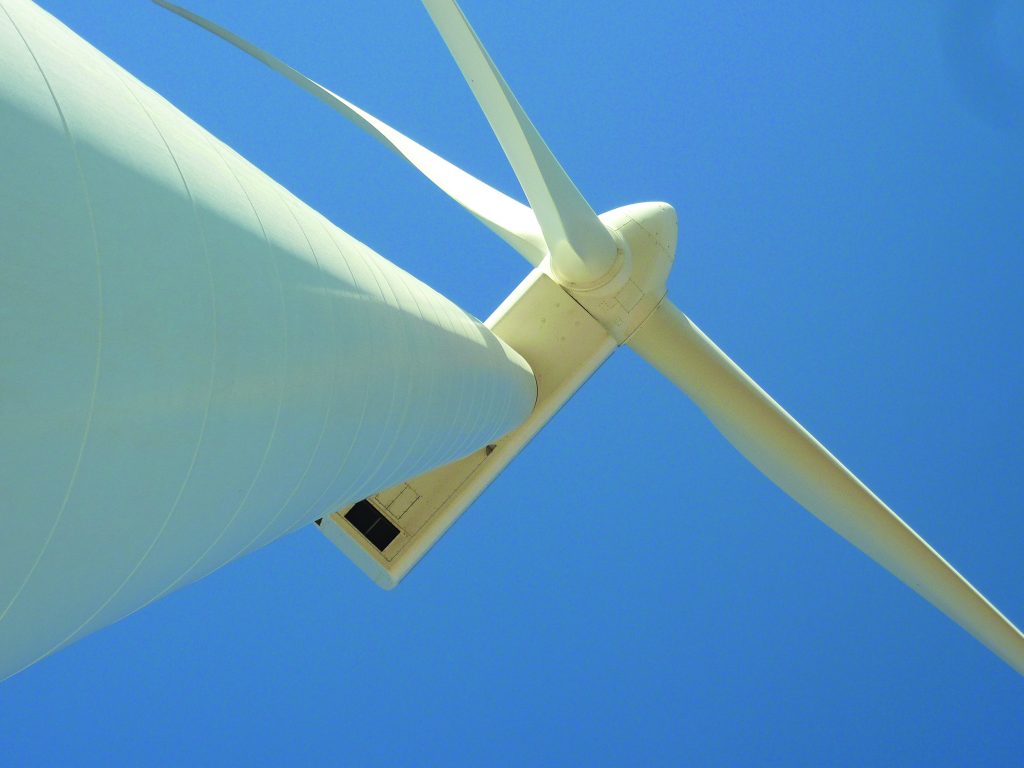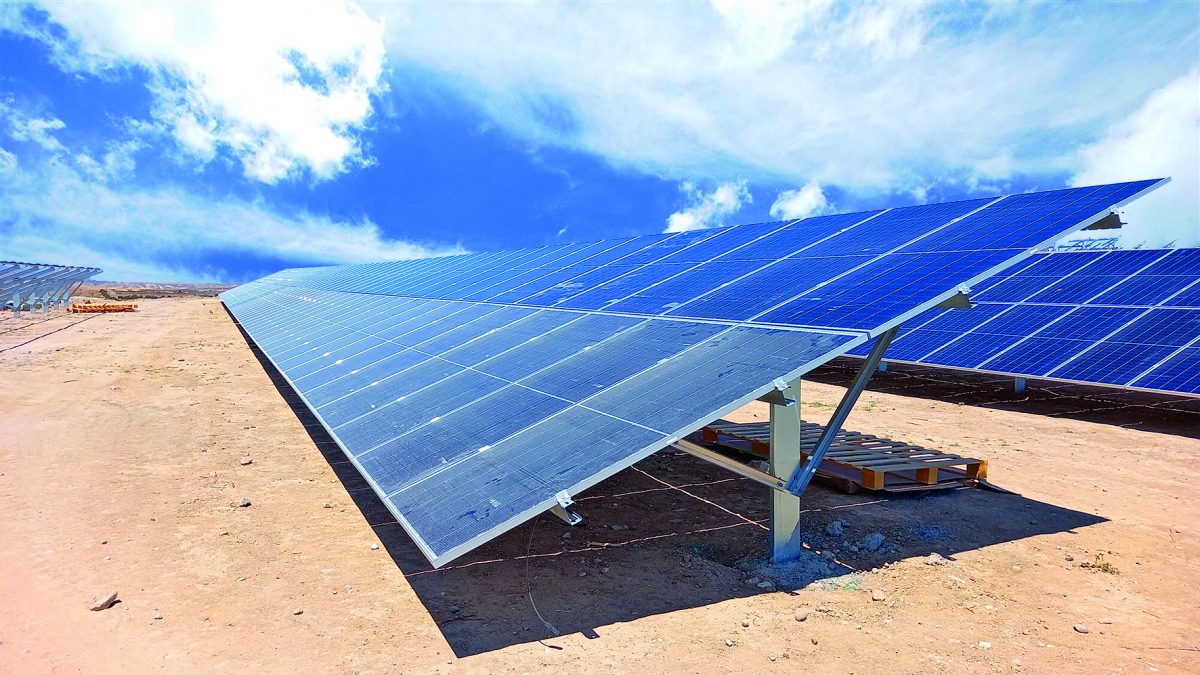Cyprus is a small isolated energy system, with highly dependent on oil products for its energy needs

More than 90% of Cyprus energy inland consumption comes from oil products and the rest from renewables. The introduction of natural gas via Liquefied Natural Gas (LNG) imports, the development of the necessary infrastructure to import natural gas to Cyprus by early 2022 (via the “CyprusGas2EU” project of common interest) as well as the two other projects of common interest, the “EuroAsia Interconnector” and the “EastMed Pipeline”, will end the current energy isolation, contribute to the security of supply dimension and the diversification of Cyprus’ energy sources.
Cyprus imports approximately 2.5 million MT per year (2018) of refined oil products, mainly imported from neighboring countries, e.g., Greece and Israel. The ability to diversify the current energy supply is very limited because of the small amounts of petroleum products imported to Cyprus as a result of the size of its internal market, the lower transport (shipping) costs from neighboring countries, and the availability of suitable petroleum products with the required specifications due to similar climatic conditions.
“Cyprus imports approximately 2.5 million MT per year (2018) of refined oil products”
Regarding Renewable Energy, in 2019, the share of RES in the total final energy consumption reached 13,84%, exceeding the mandatory national target of 13% RES in 2020, under the RES Directive 2009/28/EC. Also, the share of the RES in electricity generation reached 10,16%, in the heating and cooling sector 35,10% and 3,3% in the transport sector.

In the year 2019, the primary energy consumption was 2.54 Mtoe. Although the initial forecast was for indicative primary energy consumption in 2020 at 2.23 Mtoe, the latest developments for the delayed arrival of natural gas for use as a fuel in electricity generation late in 2022, consumption in 2020 maintained at 2.5 Mtoe, and the national final energy consumption was at 1.91 Mtoe. National energy saving commitments include, inter alia, measures to improve energy efficiency in the production, transmission, distribution, metering, pricing and end-use of energy, guided by the requirements of the relevant European Directives fully implemented at the national level.